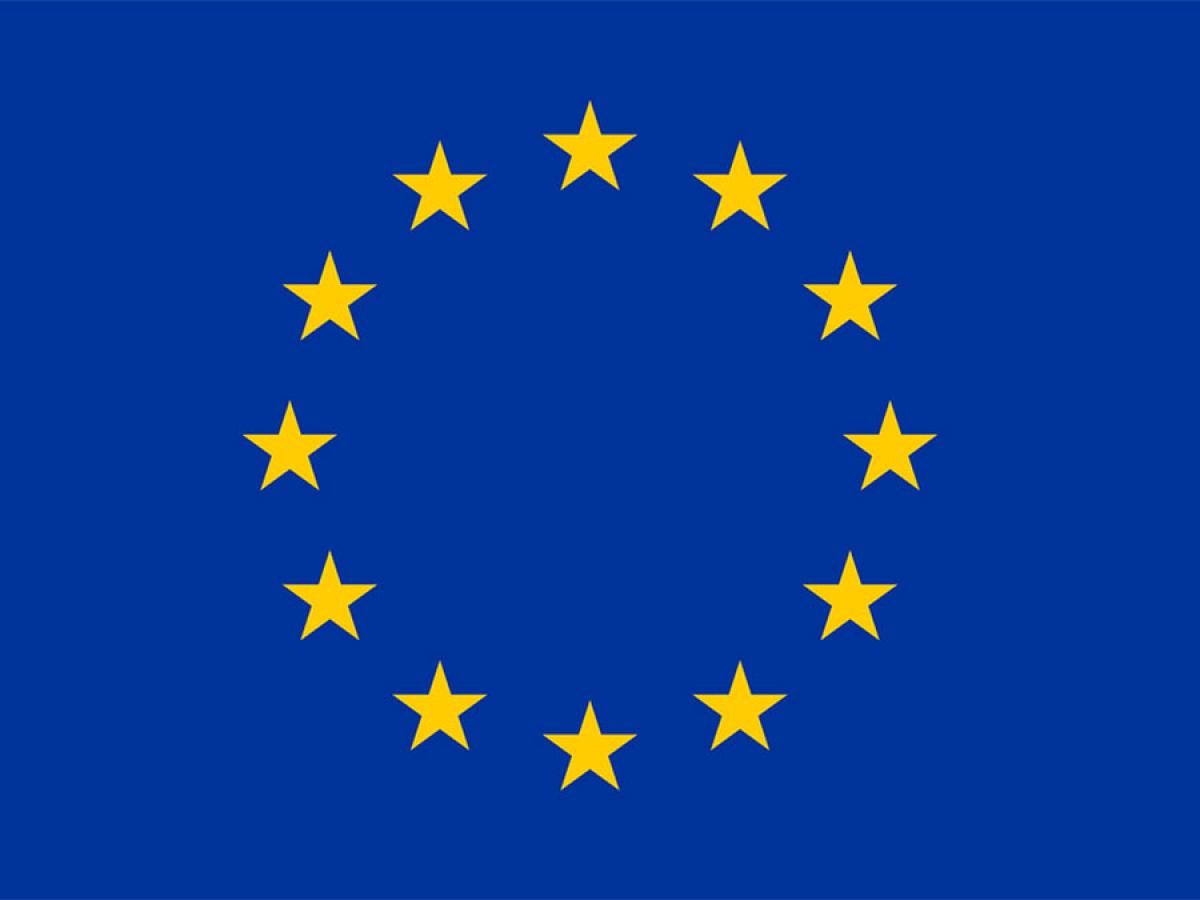The market is a powerful instrument to counter human rights violations in China

European Union (EU) foreign ministers have finally responded to China's documented human rights abuses by imposing sanctions on four individuals and one organization believed to be substantially involved in the oppression of Uyghurs in north-western China. Reports of the Chinese government's treatment of the Uighurs provide evidence of mass detention and human rights abuses. Although the Chinese government does not seem to see it this way, the evidence indicates clear violations of human rights and civil liberties as codified in international treaties.
This coincides with China's de facto takeover of Hong Kong, which is also inconsistent with international law, along with numerous acts of foreign policy aggression. Together, these actions make it clear that China has a different conception of national and international order than the EU or the United States, both of whom have applied sanctions against individuals in China for their treatment of the Uyghurs.
Against this background, the EU has no choice but to send a signal on human rights if it wants to retain its credibility. After all, the EU and its member countries take a lot of pride in their advocacy of human rights around the world. In Germany, it has just been decided to pass a supply chain law that obliges companies with at least 3,000 employees to comply with certain due diligence obligations. These include suspending direct supply relationships in the event of human rights violations, but go far beyond that. However, in the debate leading to legislation of Germany’s new supply chain law little was heard about how this law would impact economic relations with China, although other developing countries were mentioned. It would be particularly mendacious if the law were to be applied, for example, to the Central African Republic or Myanmar but not to China.
But perhaps there is no need for national laws to deal with these issues. The market economy offers a precise instrument for telling suppliers and manufacturers of end products what purchasers think of the practices in their factories – one refrains from purchasing goods from them. And indeed, well-known textile manufacturers and traders have decided to stop buying cotton from the Chinese province of Xinjiang because of the massive restrictions on human rights for the Uyghurs living there. Pressure from socially conscious consumers, who want goods that are ethically produced is a factor in such decisions. It would be nice if buyers of automobiles, cell phones and computers also acted so consciously. Non-governmental organizations (NGOs) can broaden and deepen the pressure arising from consumers by providing information that could include keeping black books on firms engaging with illegal or amoral practices, but also highlighting the good examples. Donors, too, could show leadership and only finance companies that consciously refrain from using products manufactured in violation of human rights.
However, corporate social responsibility relating to China comes with a price. Textile companies which have clearly positioned themselves are under strong pressure in the country. The government, communist organizations and Chinese celebrities are calling for boycotts. Companies are being removed from digital shopping portals on the Chinese internet. This is not trivial, given that China’s market is responsible for a major share of these companies’ total sales.
In the case of a Swedish textile retail chain, it cannot be ruled out that the latest aggressive Chinese reaction is a tit-for-tat response to the exclusion of two Chinese providers from the rollout of the 5G mobile network in Sweden in October 2020. The textile company announced its new cotton purchasing policy back in December 2020. The Swedish 5G competitor of the two Chinese providers, Ericsson, now fears reprisals in the Chinese market.
China also imposed sanctions on German politicians and scientists in response to the European measures on its part, and stronger ones than the EU. There are entry bans for politicians, and scientists are cut off from contacts and information. Together, these actions against private companies and politicians are feeding suspicions that they are part of a grand strategy, which includes the concept of ‘dual circulation’. This concept aims at decreasing Chinese reliance on imports through substitution with domestic supply, while simultaneously increasing exports of high value-add goods. Many observers see the final objective of China's government is to change the global order – both economically and politically.
All of this raises the fundamental question of how Western democracies, which claim to stand up for human rights everywhere, deal with this situation. While the EU has recently acknowledged China is a systemic rival promoting alternative models of governance, a focus policy approach is needed to match such rhetoric. Perhaps the recent round of coordinated sanctions by G7 members are a sign of a more coordinated policy front.
The business community will be further challenged by the Chinese government on the one hand, and corporate social responsibility pressures on the other going forward, which has been termed a ‘double-sided value squeeze’. This implies a relatively tough future for them, if they want to maintain their nature as Western liberal companies and also serve the Chinese market. That said, they should make it clear that high-quality products are characterized by humane working conditions along the entire supply chain. The more this awareness is brought to public attention and, where appropriate, used for marketing, the more people – at least in the West, but maybe also in time in China – will be willing to equate good working conditions with good quality and pay more accordingly.
At the same time, companies should diversify both in terms of their inputs and in terms of the geographical spread of their sales, i.e. look for alternative procurement and sales markets to China to manage grey-zone economic coercion risks. Because as long as Chinese actors believe that Western companies are dependent on the market in China - both for procurement and for sales - they are unlikely to change their behaviour, quite the opposite.
Whether the Chinese government will change behaviour and abstain from their long-run plans when foreign companies are no longer dependent on China is, of course, uncertain. What is certain, however, is that it is definitely advantageous for the long-run economic well-being and reputational image of these companies if they prove able and willing to clearly distance themselves from practices that violate human rights. Politicians as well as consumers and NGOs should support the companies in this.
Andreas Freytag, Professor and Chair of Economic Policy, Friedrich Schiller University, Jena and Visiting Professor with IIT
The views expressed here are the author’s alone, and do not represent the views of the Institute for International Trade.
Photo credit: Nathan Dumlao on Unsplash
The European Commission's support for the production of this publication does not constitute an endorsement of the contents, which reflect the views only of the authors, and the Commission cannot be held responsible for any use which may be made of the information contained therein.

With the support of the Erasmus+ Programme of the European Union
This work is licensed under Commons Attribution-NonCommercial-NoDerivatives 4.0 International License.
IIT is a global leader in researching, analysing and commenting on International Trade.
Stay informed about our up-and-coming seminars, events, publications, awards, new projects and collaborations, and other exciting news.
